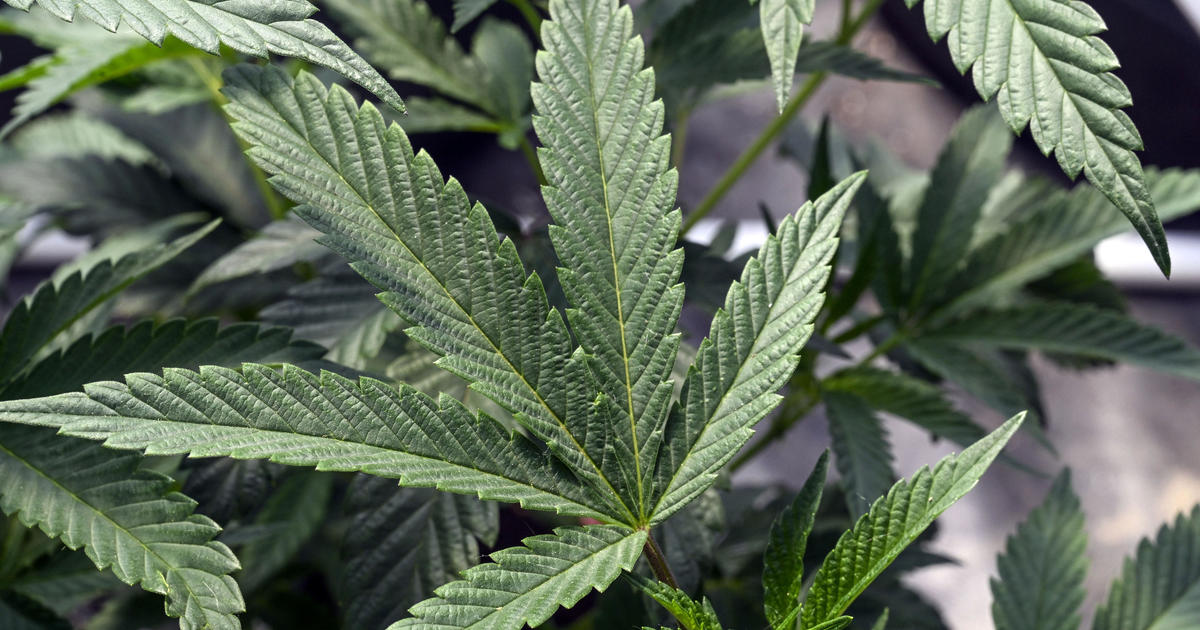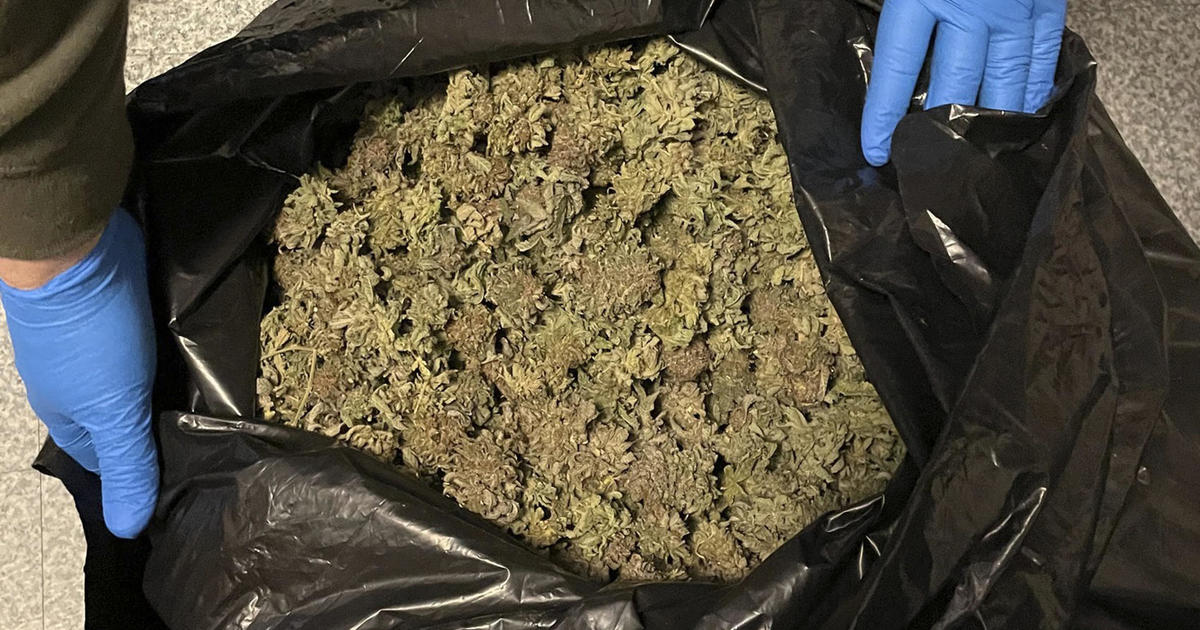Which states have the biggest drug problems?
As the opioid epidemic continues to wreak havoc on communities across the country, new data looks at where drug abuse is most pronounced and which geographic areas in the United States are most at risk.
The report from personal finance website WalletHub ranks the 50 states and the District of Columbia across more than a dozen key metrics, ranging from the rate of opioid prescriptions to arrest and overdose rates and meth-lab incidents per capita.
According to the report, the 10 states with the biggest drug use problems include:
- District of Columbia
- Missouri
- New Hampshire
- Michigan
- West Virginia
- New Mexico
- Indiana
- Rhode Island
- Kentucky
- Pennsylvania
To determine which states have the biggest drug problems, WalletHub ranked the states in three overall categories: drug use and addiction; law enforcement; and drug health issues and rehab. These categories included 20 relevant metrics that were weighted and averaged to calculate overall score. Among other data points, the metrics included the share of teenagers who used illicit drugs in the past month, overdose deaths per capita, drug arrests per capita, share of adults who needed but didn't receive treatment for illicit drug use in the past year, and the number of substance abuse treatment facilities per 100,000 people.
The report also includes interviews with experts in the fields of medicine, psychology, criminal justice, and public health policy on ways to combat the opioid epidemic -- indicating just how complex the problem is and how difficult any solutions will be.
"There won't be a silver bullet that will solve this epidemic," said Courtney R. Yarbrough, an assistant professor at Emory University Rollins School of Public Health.
Mark Concordia, an associate professor of criminal justice at Roberts Wesleyan College, calls for "a multiprong holistic approach that prioritizes treatment over punishment while aggressively pursuing drug dealers with more serious charges."
Sharon Levy, MD, president of the Association for Medical Education and Research in Substance Abuse (AMERSA) and an associate professor of pediatrics at Harvard Medical School, points out that it's important to understand addiction as a medical condition rather than "bad behavior" -- destigmatizing the problem and making it easier for someone suffering to get help.
"Addiction is a chronic medical disorder in which patients lose control over drug use," Levy said. "It is a treatable condition."




